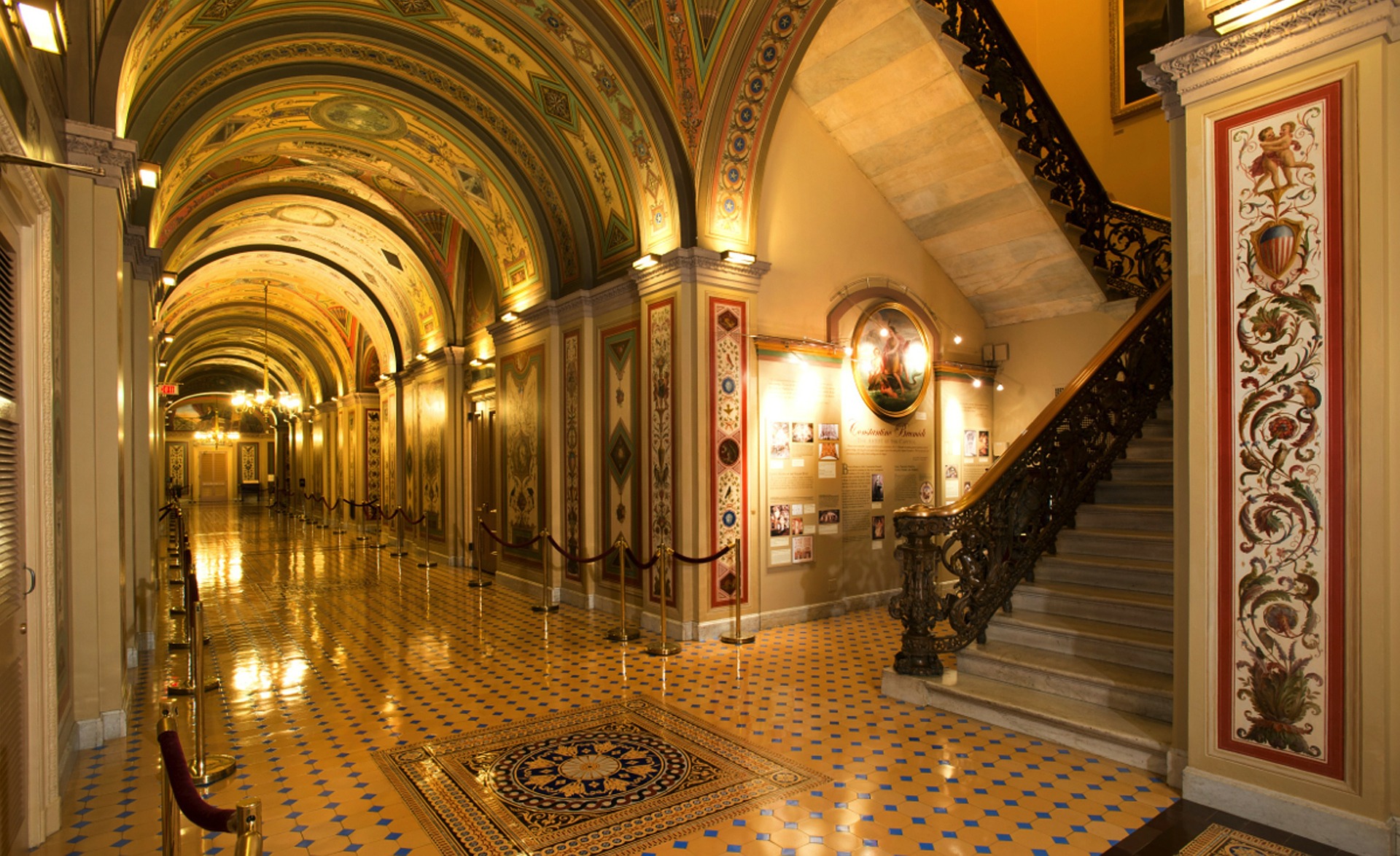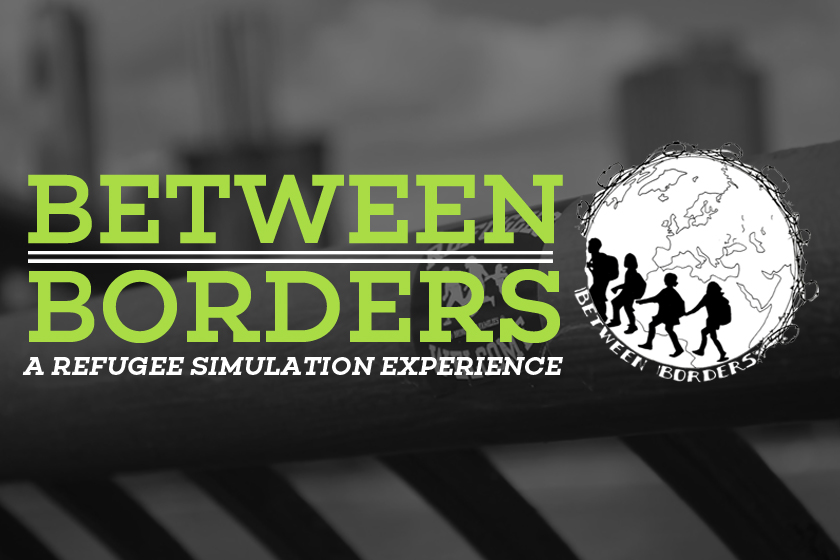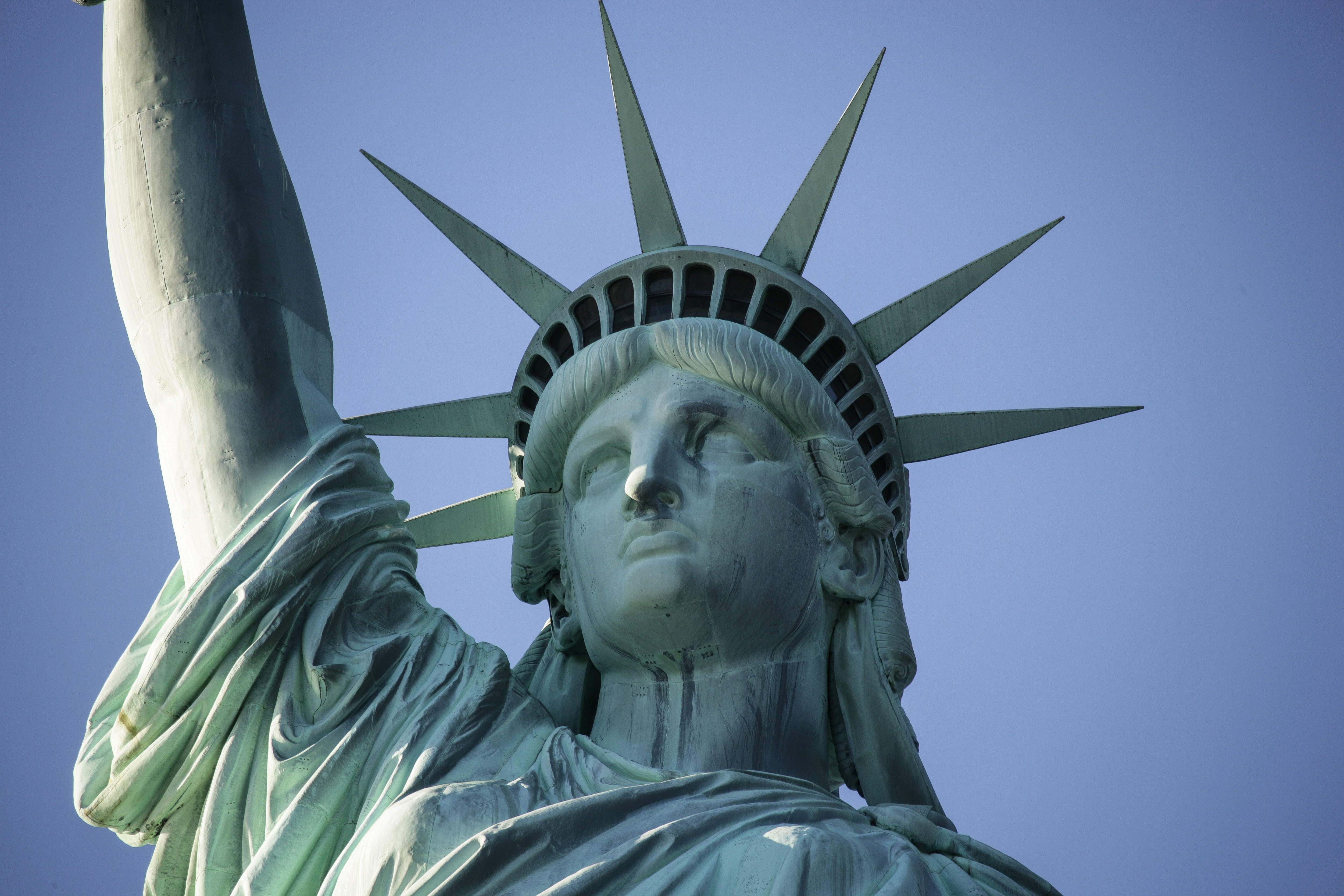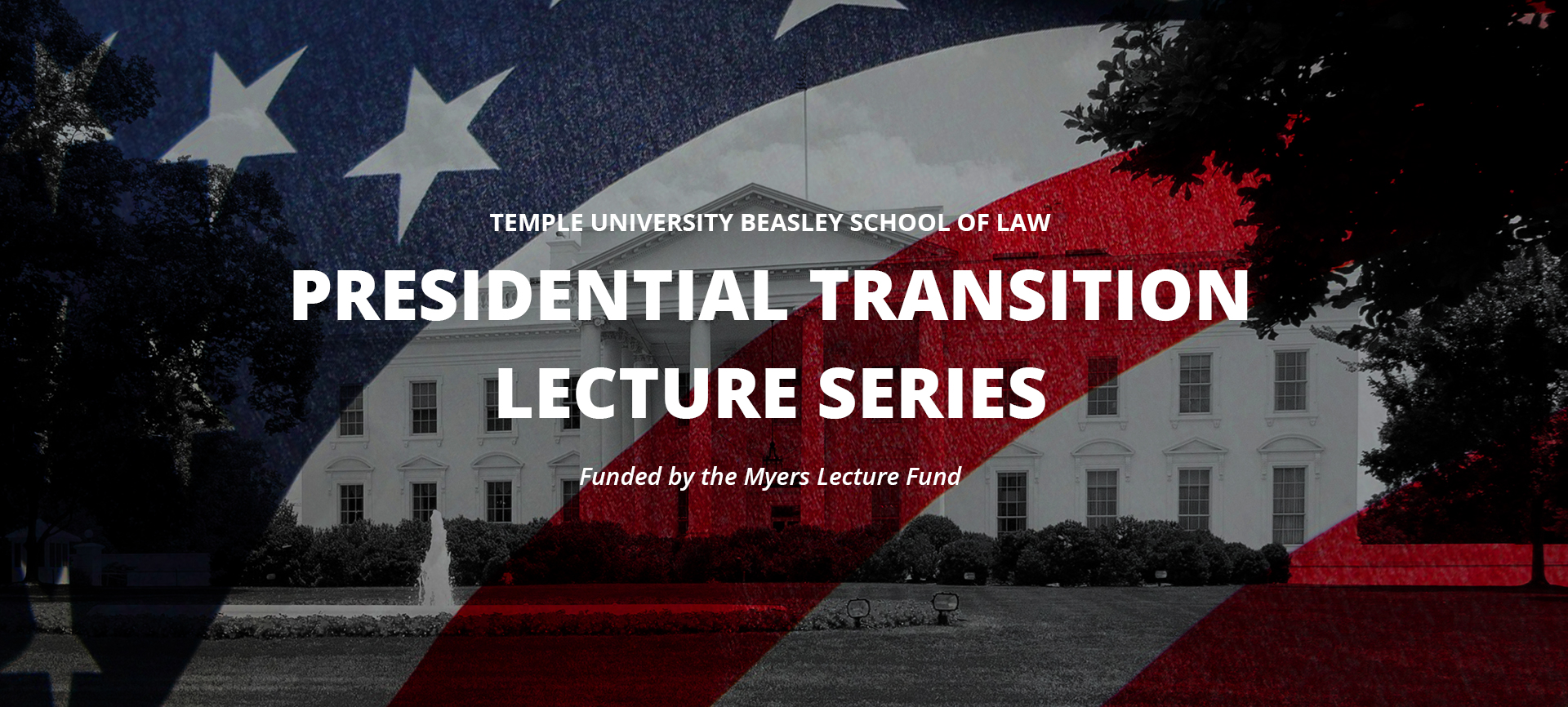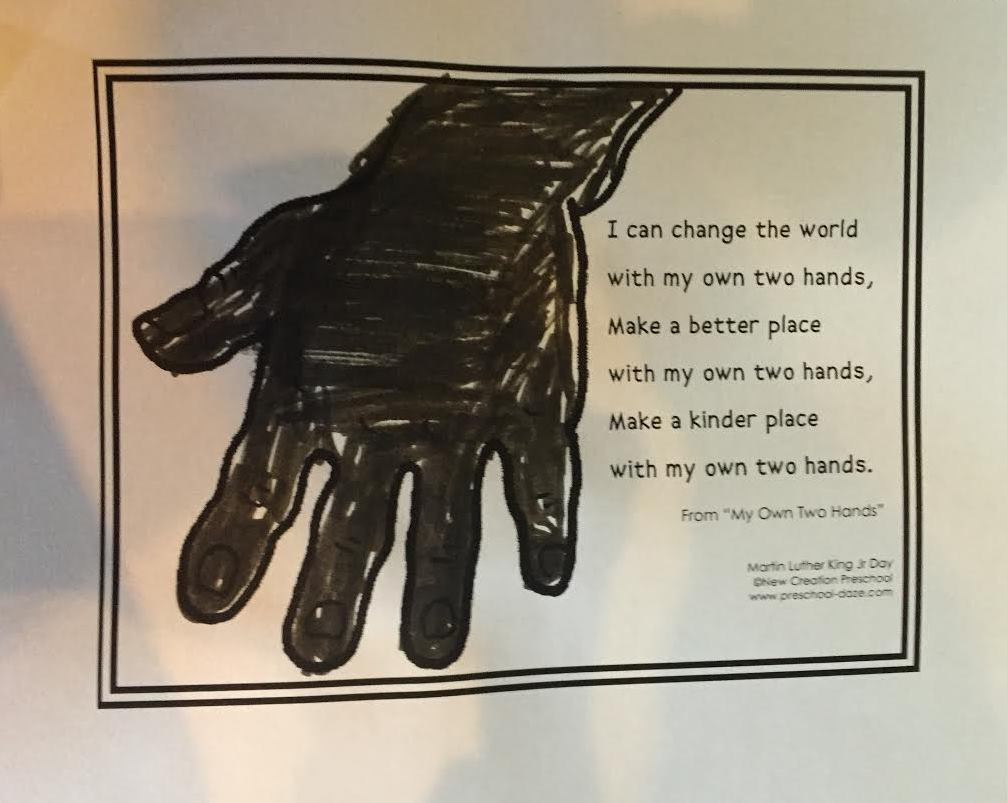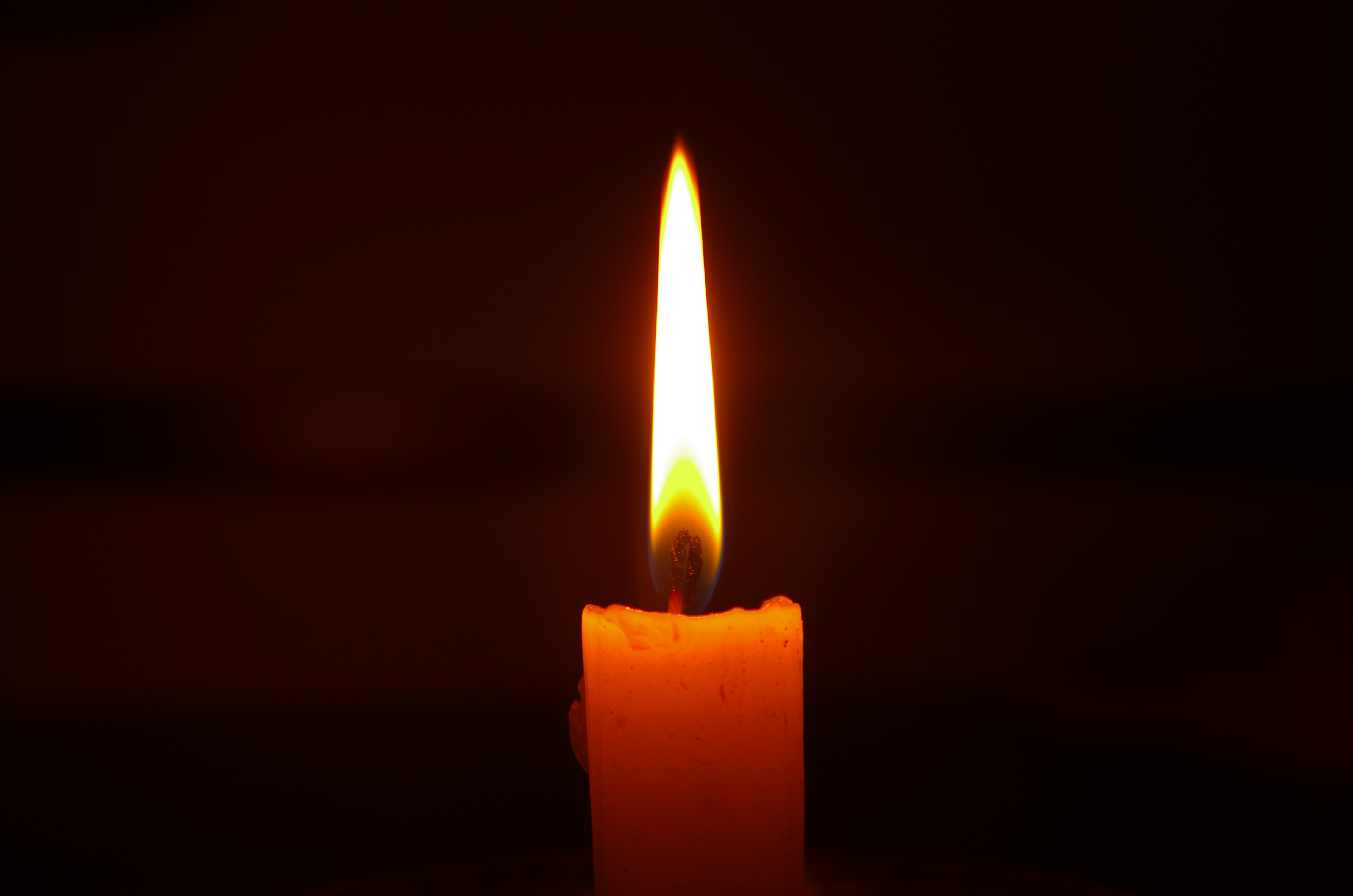Coffee with Crystal Brown ’05: Pursuing a Career in the Federal Government
As a law student interested in a non-conventional career, I found Crystal Brown’s discussion with Dean Lennon informative and reassuring. I came to law school with the intention of working for the Federal Government. Yet, I am still not exactly certain how I will achieve that goal. The discussion confirmed what I have heard from other Federal employees: there is no formulaic way to obtain a job in the Federal Government. Rather, it will require taking some risks and keeping your mind open to jobs you never thought you would have interest in. Ms. Brown’s career path is great example for any law student interested in a successful career in government. Ms. Brown’s interest in public policy, rooted in her undergraduate studies at Duke University, led her to Temple Law. After graduation, she had the opportunity to clerk for notable Temple alum, the Honorable Clifford Scott Green. She spoke highly of her experience and strongly recommended a federal clerkship upon graduation from Temple. The relationship she forged with Judge Green and the experience she gained …

